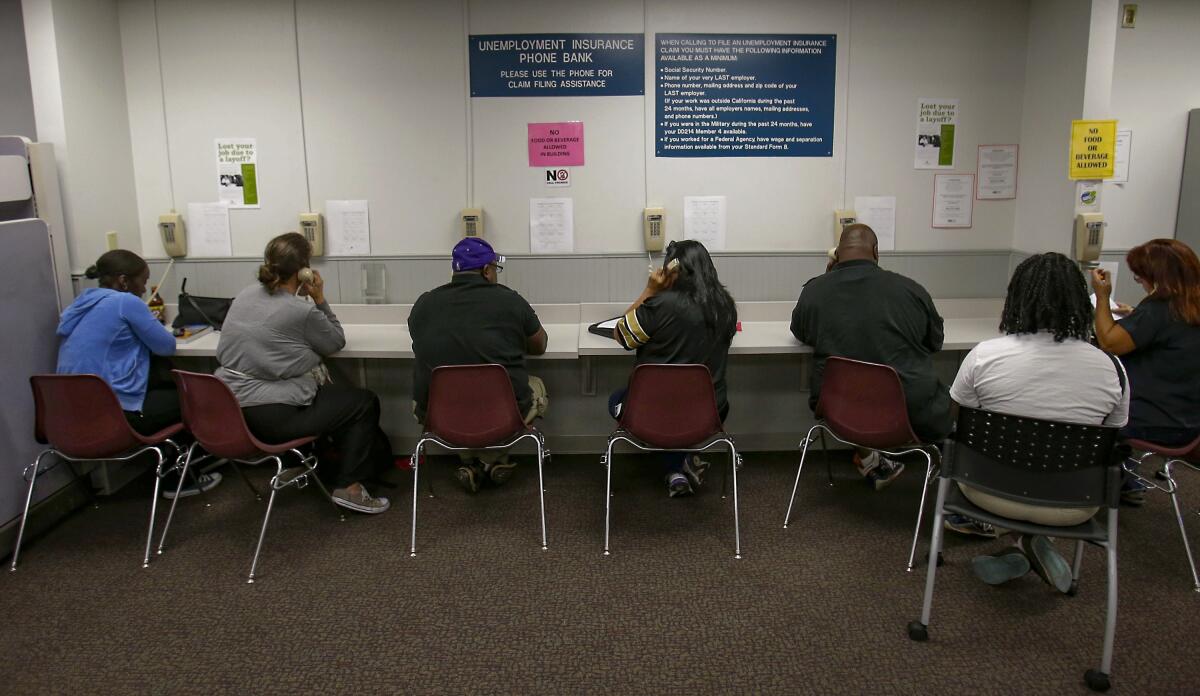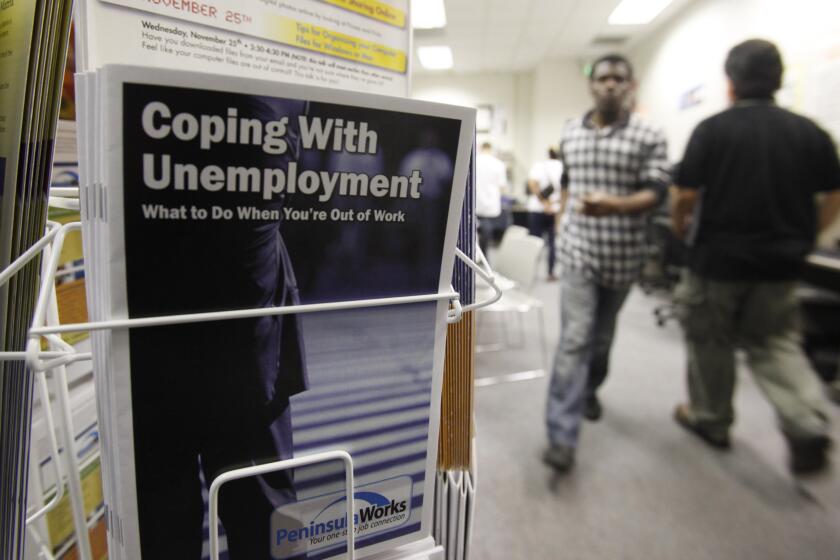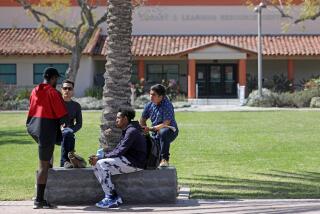Getting unemployment benefits in California is changing. What you need to know

California fully reopened its economy this week.
Now, key pandemic-era rules about getting unemployment benefits are changing.
Here are some details:
What is changing?
Starting next month, Californians who receive unemployment benefits will have to show that they are looking for work, a requirement that the state waived last year when COVID-19 led to economic upheaval.
Claimants for unemployment benefits must start job hunting by July 11 so they can attest that they are doing so when certifying their eligibility a week later with the state Employment Development Department, the agency announced Thursday.
With the pandemic waning, Californians who receive unemployment benefits will next month have to start showing that they are looking for work
To show they are looking for work, unemployment benefit recipients can create an account at the state’s CalJOBS website and post a profile on various job search sites, said Rita Saenz, director of the EDD. They can also apply for suitable jobs or let prior employers and community members know they are looking for work to satisfy the requirement.
For those who are gig workers or are self-employed and get benefits from the Pandemic Unemployment Assistance program, the EDD is providing other ways to show they are searching for work, including submitting bids for contracts, attending networking events and workshops on expanding businesses, and participating in training.
EDD officials said claimants can still ask for exemptions if they certify that they are not available for work for reasons including providing primary child care for their family.
The EDD has also created a new “Returning to Work” web page to help job seekers.
What are the details?
According to a statement from the state:
“EDD will be sending notices to claimants in the coming weeks about any requirements on their specific claims. Individuals starting new claims on or after July 11 will also be notified by mail that they must register on CalJOBS — the largest job board in California. Examples of reasonable efforts to search for suitable work each week include activities such as:
• Prepare for Job Searches — Set up an account on CalJOBS, participate in reemployment services, post a profile on various job search or networking sites.
• Expand Networks — Let friends, prior employers, or community members know you are looking for work. Participate in networking, job fair events or clubs.
• Apply for Suitable Work — Apply for positions with employers reasonably expected to have suitable openings matching skills and experience, including
government jobs and exams.
• Participate in Training — Engage in permissible education and training opportunities that assist in obtaining employment and do not interfere with an ability to accept suitable full-time work.
Why shift now?
California remained under severe restrictions for much of 2020 and into early 2021 as COVID-19 surged.
That caused huge spikes in unemployment and a need for changes in the rules.
Faced with an unprecedented 22.5 million unemployment claims, the state in March 2020 temporarily waived the work search requirement to expedite payment of benefits and to recognize that there were potential health risks involved in returning to jobs while the pandemic was raging. Requiring people to search for work was also at odds with the state’s stay-at-home order, which discouraged people from going to workplaces for nonessential jobs.
Where does the EDD claims backlog stand?
The EDD has paid $150 billion in benefits since the pandemic began last year, but many jobless Californians say they are still having trouble getting the money they need from the agency.
The new policy comes as the EDD reports a backlog of 1.12 million claims that have not been resolved within 21 days. More than 222,500 of those claims are awaiting action by the EDD, an increase from earlier in the month.
The rest have not been approved because the claimants need to certify eligibility, officials say, although some jobless people say glitches at the state agency have prevented them from doing so.
More to Read
Start your day right
Sign up for Essential California for news, features and recommendations from the L.A. Times and beyond in your inbox six days a week.
You may occasionally receive promotional content from the Los Angeles Times.








